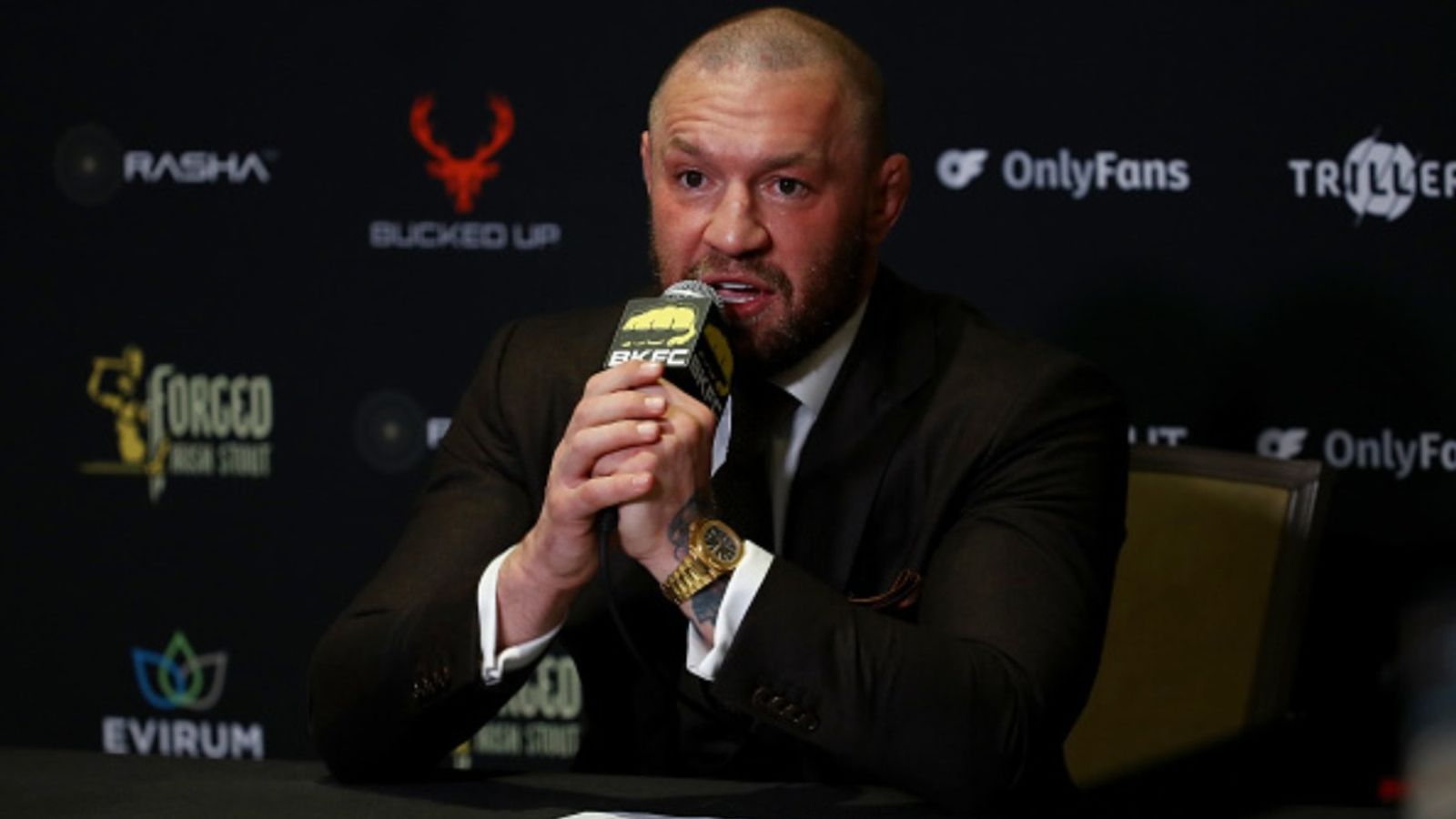A former UFC titleholder is under fire for allegedly mirroring Conor McGregor’s playbook to cling to the spotlight amid dwindling in-ring activity. McGregor, the brash Irish icon who revolutionized fight promotion with his razor-sharp wit and larger-than-life persona, set a gold standard for blending combat skill with entertainment. But since his 2021 leg injury against Dustin Poirier, the UFC has craved a successor to his magnetic aura.
Enter a decorated ex-champion now facing criticism for prioritizing media antics over competition—a strategy many claim is a carbon copy of McGregor’s blueprint.
The Conor McGregor blueprint
Kamaru Usman, once a dominant UFC welterweight king, finds himself in the crosshairs of peers and pundits who accuse him of trading fists for podcasts and social media stunts to stay relevant. The Nigerian-American fighter, sidelined since a 2023 loss to Khamzat Chimaev, has leaned into content creation and high-profile gym cameos—moves critics argue echo McGregor’s hiatus-era tactics of staying in headlines without stepping into the octagon.
Belal Muhammad, the current welterweight champ, spearheaded the critique, likening Usman’s approach to Conor McGregor’s post-prime trajectory.
“He’s had over two years off. He’s a podcaster now. He just likes to talk,” Muhammad jabbed, suggesting Usman drops cryptic training photos (like recent snaps with Israel Adesanya) to fuel comeback rumors without committing to fights. “He wants to stay relevant, so whenever there’s a big name or big fight coming up, he’ll say something…post a picture…to get people talking.”
From dominance to doubt: Usman’s rocky road
Kamaru Usman’s fall from grace has been steep. After a historic title reign and pound-for-pound acclaim, three straight losses—two to Leon Edwards and one to Chimaev—derailed his legacy. Once feared for his grinding wrestling and knockout power, the 36-year-old now battles perceptions of decline.
His prolonged absence has emboldened rising contenders like Ian Machado Garry and Joaquin Buckley to call him out, framing him as a fading star avoiding fresh threats.
Yet Usman insists he’s plotting a calculated return, dismissing Muhammad’s barbs as recycled trash talk akin to Colby Covington’s infamous jabs. Unlike Covington, however, Muhammad has avoided personal attacks, focusing instead on Usman’s credibility. “There are hungrier guys who’ve earned their shot,” Muhammad stressed, underscoring the division’s shift toward new blood.
McGregor parallels: Hype vs. hunger
The comparison to Conor McGregor cuts deep. Both fighters leveraged charisma and controversy to transcend the sport, but McGregor’s hiatus—punctuated by whiskey ventures and boxing spectacles—has left fans questioning his commitment.
Kamaru Usman, meanwhile, risks similar skepticism. His podcast, Pound 4 Pound, and Hollywood ventures (including a role in Black Panther: Wakanda Forever) signal a pivot away from fighting, even as he teases a comeback.
Critics argue that without a clear return date, Usman’s media maneuvers feel hollow. McGregor, despite his flaws, always circled back to the octagon. Can Usman balance his brand-building with a credible resurgence?
For Kamaru Usman, the path forward is fraught. A triumphant return could silence doubters, but continued inactivity cements his status as a part-time star in a full-time sport. As the welterweight division evolves, the clock ticks louder on his career—and the shadow of Conor McGregor’s playbook grows harder to escape.


